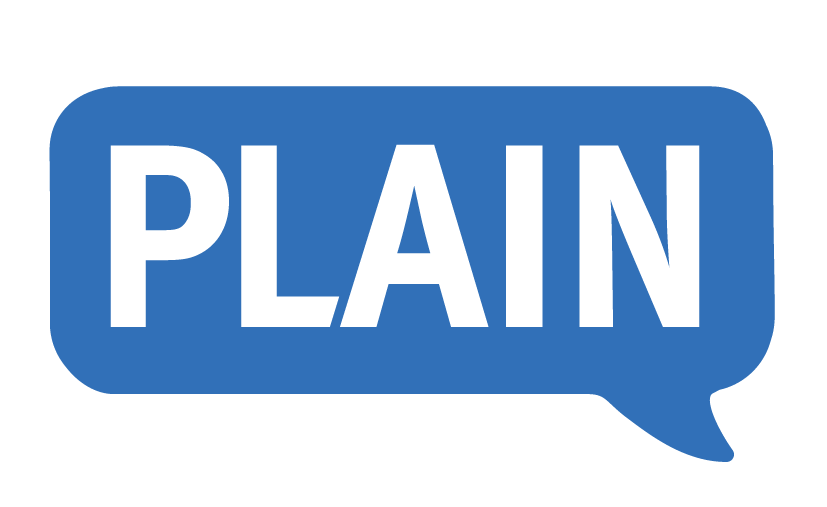Collaboration: The Heart of Plain Language Advancement
The PLAIN e-journal Vol5 No2 2023 is now available to read for members. We think this edition’s theme Collaboration: The Heart of Plain Language Advancement will complement nicely with the PLAIN conference currently underway.
Visit the PLAIN E-journal page to download your copy. Here’s what you can look forward to in this issue.
Collaboration in this field can come in many different forms: with users, with colleagues, with mentors, with international peers, even with technology. Each form of collaboration is valuable and contributes to the greater evolution of the plain language field. The writers of this issue offer their experience and advice for where and how to seek opportunities for collaboration in plain language. I hope the gathered wisdom here helps you in your current areas of teamwork or perhaps helps you prepare for future opportunities.
1. James Hanington offers insights on cultivating a culture where plain language is ingrained and welcomed from the onset.
2. From the Institute for Language and Folklore in Sweden:
- Ingrid Olsson and Gabriella Sandström introduce a mentor program that pairs new practitioners with seasoned experts, fostering growth on both ends.
- Karin Webjörn showcases how working with terminologists aids in achieving clearer language, referencing her work with the Sustainable Development Group.
3. Victor González-Ruiz shares his experiences and challenges in coordinating localization efforts among Spanish-speaking volunteers for the ISO standard.
4. On the research front:
- Michael A Blasie delves into the extensive array of plain language laws in the US.
- Salli Kankaanpää and Aino Piehl introduce a project examining plain language policies within the EU, emphasizing the potential for international collaboration.
- Mischa Corsius and Wouter Sluis-Thiescheffer present their innovative method of analyzing government documents in The Netherlands and Belgium.
5. In the realm of technology, Emily Halloran explores AI’s potential in enhancing plain language editing. AI, whether one agrees with it or not, is poised to redefine the future of writing.
6. Insights from the Plain Language Academies:
- Kate Harrison Whiteside and Sarah Slabbert reflect on the evolution and future trajectory of collaboration within the plain language discipline.
7. Lastly, Neil James updates readers on the International Plain Language Federation’s ongoing initiatives. While the launch of the first international plain language standard is a milestone, the journey continues with a focus on training, certification, and further collaboration.
